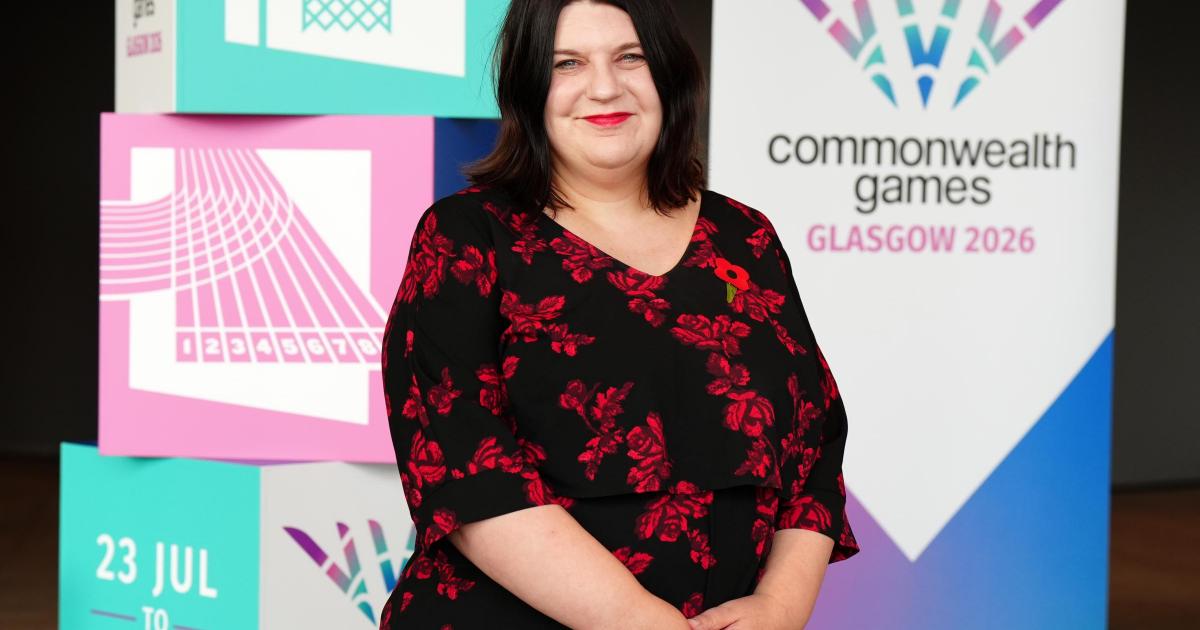More recently, we have welcomed thousands of new Glaswegians as a dispersal city and remain the only community in Scotland with a significant refugee population. Well over 90% of all refugees that settle in Scotland have made a home in Glasgow.
Migrants, from near and far, have found Glasgow a place that is ready to understand their lives, embrace their culture and share its own with new neighbours and friends.
Globally, though, the world faces a refugee crisis.
The number of people displaced by conflict or persecution – and, increasingly, by climate change and natural disasters – has doubled in the last decade.
The overwhelming majority of these refugees never have and never will get anywhere near the United Kingdom – or any other rich country, for that matter. They are hosted by developing nations, often neighbouring whatever situation they have been forced to flee.
As a wealthy country, the United Kingdom has both a moral and practical responsibility to play a part in addressing this global challenge.
But asylum and refugee policy in the UK not only puts barriers in the way of successful integration, it also increasingly creates negative impacts for all communities, especially people experiencing or vulnerable to homelessness.
And that’s become particularly acute in Glasgow, which plays a disproportionate role in supporting refugees within the UK.
Over recent years, there has been a huge rise in the number of households that have gone through the asylum process elsewhere in the UK, only to find themselves homeless.
Increasingly, these new citizens are then drawn to Scotland and Glasgow by dint of the fact our homelessness legislation is more robust than what is in place across the rest of the UK.
Currently, 12.4% of Glasgow’s annual homelessness demand comes from households who have travelled to the city after being granted leave to remain elsewhere.
The highest demand comes from Belfast, London, Birmingham, Manchester and Liverpool – but data also shows those given a positive asylum decision elsewhere in Scotland choosing to relocate to Glasgow to seek assistance too.
The result is that more than 44% of all homeless presentations in Glasgow are from refugee households. They make up more than half of all households placed in temporary accommodation – and more than 60% of children living in temporary accommodation are from refugee households.
That comes with a significant price tag, at a time when budgets are under pressure. Last year, the council provided an additional £27 million to cover an overspend in homelessness services. This year, we expect that figure to rise to £43m.
Our latest forecast, published at the end of last week, predicts the cost of meeting this demand will hit £66m next year.
The United Kingdom’s asylum policies have, in effect, become a machine that creates homeless refugees, with the government then washing its hands and leaving local authorities to deal with the consequences as best they can.
That is a tragedy designed by the last government and perpetuated by a new Labour administration that is paralysed by its fear of Nigel Farage and everything that lurks behind him.
There has been a concerted campaign in some quarters to resurrect one of the oldest, dirtiest and cheapest slanders about refugees – that they are criminally dangerous and that they pose a particular threat, through sexual violence, to white women and children.
You can see that in the so-called ‘pink’ protests outside hotels in the south of the country – and it was writ large in the racist thuggery of cocaine-fuelled hooligans bussed in and out of Stockport last year.
The fact that more than 40% of men arrested supposedly defending women and girls in those riots had previous convictions for domestic abuse tells its own story.
For our communities, for refugees and for our public services, this is a dangerous path – and the Home Office has to step in and support councils on the frontline of this emergency to provide decent accommodation for everyone who needs it.
There are a myriad of ways they could do that – from offering better support to refugees at the point where they are given the right to live in the UK; supporting local authorities in England, Wales and Northern Ireland to expand homeless services; and by funding housebuilding and home acquisition programmes in areas like Glasgow that are facing the greatest pressure.
They could also make good on the commitment they made in 2022 to expand dispersal across Scotland – and work with other local authorities to build the kind of community capacity and cohesion that currently attracts so many people to Glasgow.
The city has had support from Holyrood – and we’ll continue to talk with Scottish Ministers about how homelessness support can better respond to need in unforeseen circumstances.
It’s a difficult balancing act to talk about this issue without some drawing the inference that it’s refugees who are the cause of this crisis. They are not. Like many Glaswegians, I am proud of Glasgow’s record in supporting refugees and I believe that migration has enhanced its 850-year story.
But the support we receive from government must be transformed. The country’s ability – and responsibility – to provide vulnerable people with refuge is too valuable and too important to continue to be neglected by them as it has been for more than a decade.
Susan Aitken is the leader of Glasgow City Council and an SNP councillor.
